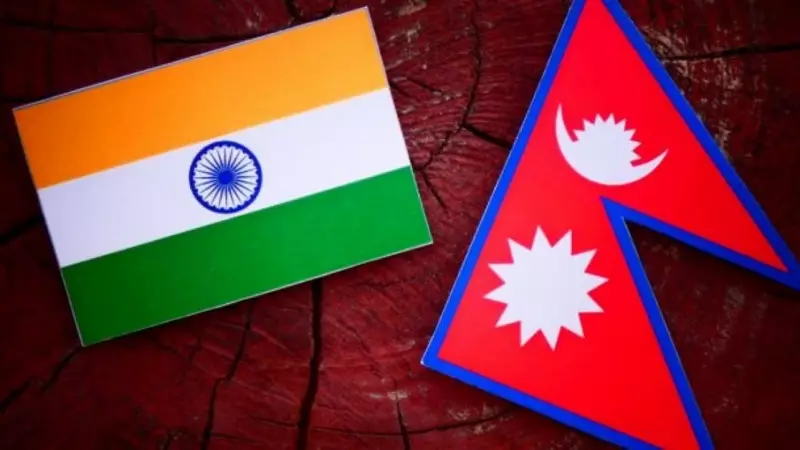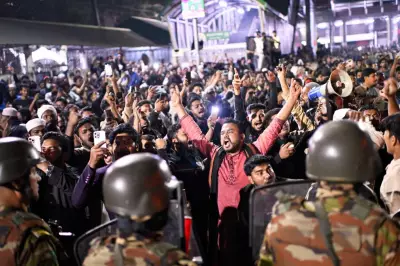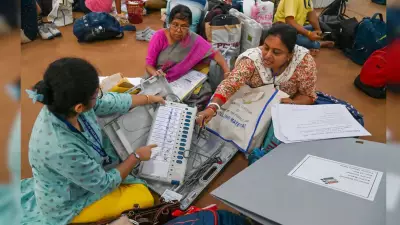
India and Nepal are set to resume their crucial annual border dialogue in New Delhi starting November 12, marking the first high-level meeting between the neighboring nations since significant protests erupted in Kathmandu earlier this year. The talks come at a critical juncture in bilateral relations, addressing longstanding border management issues and recent tensions.
Background of the Border Dialogue
The upcoming meeting represents the seventh round of bilateral talks between the Sashastra Seema Bal (SSB) and Nepal's Armed Police Force (APF). These annual discussions serve as a vital platform for addressing cross-border security concerns, coordination mechanisms, and mutual cooperation between the two forces responsible for managing the 1,850-kilometer open border between India and Nepal.
The Indian delegation will be led by SSB Director General Shri Anand Kumar, while Nepal's team will be headed by Inspector General of Armed Police Force, Raju Aryal. The talks are scheduled to continue through November 16, providing sufficient time for comprehensive discussions on multiple aspects of border management and security cooperation.
Context of Recent Tensions
This year's dialogue holds particular significance as it follows months of diplomatic strain caused by protests from Nepal's Generation Z activists. The demonstrations primarily focused on recruitment procedures within the Nepal Army, specifically targeting concerns about transparency and fairness in the hiring process.
Young protesters had voiced strong objections to certain recruitment practices, creating substantial political pressure and bringing bilateral security cooperation into the spotlight. The protests highlighted growing youth engagement in political and security matters within Nepal and underscored the sensitivity of cross-border security arrangements between the two nations.
Agenda and Expected Outcomes
The five-day meeting agenda encompasses multiple critical areas of mutual interest. Key discussion points include enhanced coordination mechanisms, joint efforts to combat trans-border crimes, and improved border management protocols. Both forces are expected to review existing cooperation frameworks and identify areas for strengthening collaborative efforts.
Additional topics likely to feature prominently in discussions include intelligence sharing protocols, coordinated patrol mechanisms, and strategies to address emerging security challenges along the porous border. The talks also provide an opportunity to address any operational concerns raised by either force and to build upon existing trust and cooperation.
Historical context adds importance to these discussions, as the SSB-APF border talks have traditionally served as confidence-building measures between the two neighboring countries. The open border policy, while facilitating people-to-people contacts and economic exchanges, also presents unique security challenges that require constant dialogue and coordination.
Broader Diplomatic Implications
Experts view these border talks as indicative of the overall health of India-Nepal relations, which have experienced fluctuations in recent years. The successful conclusion of productive discussions could signal a positive trajectory in bilateral cooperation and potentially pave the way for higher-level diplomatic engagements.
The timing of these talks is particularly crucial as both nations navigate complex regional dynamics and evolving security landscapes. The outcome may influence future collaboration on broader issues including trade, energy cooperation, and infrastructure development projects that benefit both countries.
As neighboring countries with deep historical, cultural, and economic ties, maintaining smooth border management remains essential for regional stability and prosperity. The resumption of these annual talks demonstrates mutual commitment to addressing concerns through dialogue and cooperation rather than confrontation.
Observers will be closely monitoring the developments from these talks, as they may set the tone for future India-Nepal engagements on various fronts. The ability of both forces to find common ground and enhance operational coordination could have far-reaching implications for border security and regional stability.





